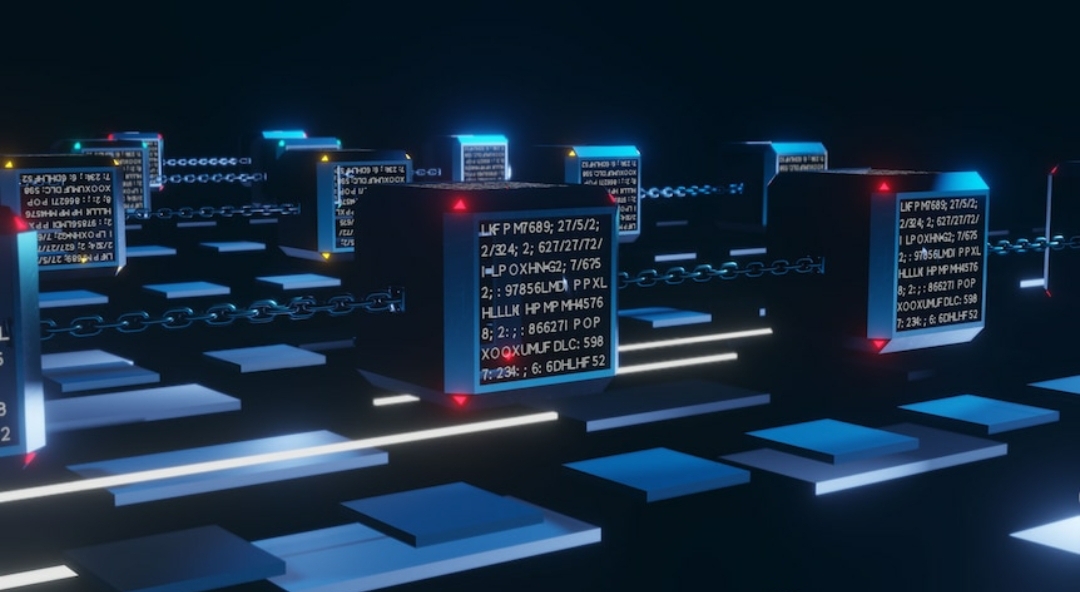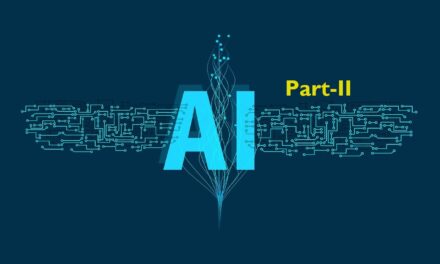Blockchain was created in 2008 and was first used by (Satoshi Nakamoto) Bitcoin (A Peer-to-Peer Electronic Cash System), the first decentralized cryptocurrency. Blockchain is a method of storing data in such a way that it is hard or almost impossible to alter, hack, or fraud it. A blockchain is a digital log of transactions that is duplicated and distributed across the blockchain’s network of computer systems publicly.
A “block” is a way of permanently preserving data, similar to a page in a digital ledger, that cannot be changed or destroyed once produced. It is maintained by members of the online community known as “miners,” and it becomes a “Blockchain” when linked with other blocks. Bitcoin miners can solve complex mathematical equations, and are awarded BTC, or bitcoins, for their effort in finding the solutions.
Block
Blocks are files where data pertaining to the Bitcoin network are permanently recorded. A block records some or all of the most recent Bitcoin transactions that have not yet entered any prior blocks.
A block represents the ‘current’ and contains information about its ‘previous’ and future node hash details. Each time a block is completed it becomes part of the past and gives way to a new block in the blockchain which is instantly broadcast on a public network along with proof of work for each transaction. The completed block is a permanent record of transactions in the past and the new transactions are recorded in the current one. This way, the whole system works in a network, and data gets permanently stored in a decentralized network. Each block includes records of some or all recent transactions, and a reference to the block that preceded it which, along with Bitcoin’s peer-to-peer crypto verification system, makes it virtually impossible for a user to tamper with the last recorded hash transaction data.
Bitcoin Mining
Bitcoin mining is the process of creating new bitcoin by solving an extremely complicated computational puzzle. A mathematical problem is linked with each block. Miners are constantly processing and recording transactions as part of the process of competing in a type of race. They race to complete the current block in order to win Bitcoins. When a winning miner is able to solve it, the answer is shared with other mining nodes and it is validated. Every time a miner solves a problem, a newly minted 12.5 BTC (Bitcoin currency symbol) is awarded to the miner and enters circulation. Bitcoin mining is necessary to maintain the ledger of transactions upon which Bitcoin is based. Miners have become very sophisticated over the past several years using complex technology to speed up mining operations.
Blockchain’s Acceptance
Since blockchain is being applied across many businesses, and for plenty of use cases, we weren’t amazed to see the average traffic to G2’s four blockchain networks example Blockchain Platform, Security, Payments, Services & Assets, etc. The current great technology revolution is blockchain. Blockchain development is a new field of development that has developed as a result of it. It has the possibility to change the way we handle data and conduct business. Blockchain was created to support Bitcoin, but it has proven to be so handy and secure that it is being used by enterprises in a diversity of industries. This highlights that the interest in this technology is increasing across all facets of blockchain, especially as this technology is better understood and more widely accepted.
It is a distributed ledger system that allows information to be stored worldwide and is built on a peer-to-peer or P2P topology. It can be stored on thousands of servers and allows everybody on the network to view the entries of everyone else in real-time. While it may not be able to replace conventional databases, it does provide a significant potential for businesses to store data that is impossible to be changed by intruders. Today, blockchain has given opportunities incredible career prospects. If you want to work as a blockchain engineer in India, you probably want to know how much they make. But before we go into it, let’s define a blockchain developer.
Who is a Blockchain Developer?
A developer responsible for developing and optimizing blockchain protocols, creating the architecture of blockchain systems, developing smart contracts and web apps using blockchain technology are commonly called blockchain developers. A blockchain developer is in charge of creating and improving blockchain protocols which includes designing a network that can be used for information centralization and decentralization. They are also in the care of generating smart contracts. In other words, the Core Blockchain Developer lays the groundwork for others to build on. He works with blockchain-based online applications. In simple terms, a blockchain developer is someone who is involved in the development of blockchain technology.
Blockchain Developers Roles
There are two different kinds of blockchain developers roles which are
- Core blockchain developers
A core blockchain developer is responsible for creating high-level decisions, such as launching a blockchain system’s architecture. They also focus on determining how their protocols should be developed, as well as designing the consent protocol and making other blockchain-related decisions. They should have in-depth knowledge of blockchain technology.
- Blockchain software developers
A blockchain software developer, on the other hand, starts developing decentralized applications based on the business requirement that can run on blockchain technology using the blockchain developer’s architecture and protocols.
A blockchain developer is also accountable for the whole life cycle of blockchain applications, including research, analysis, design, and implementation. They use a variety of computer programming languages for example C, C++, Python, C#, Java, etc. to construct interfaces and systems for a variety of applications, including payment processing, supply chain, and many others.
Future topics would be: What skills required to Become a Blockchain Developer





